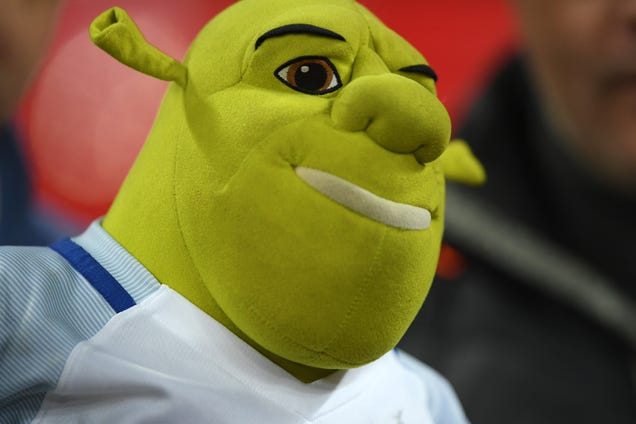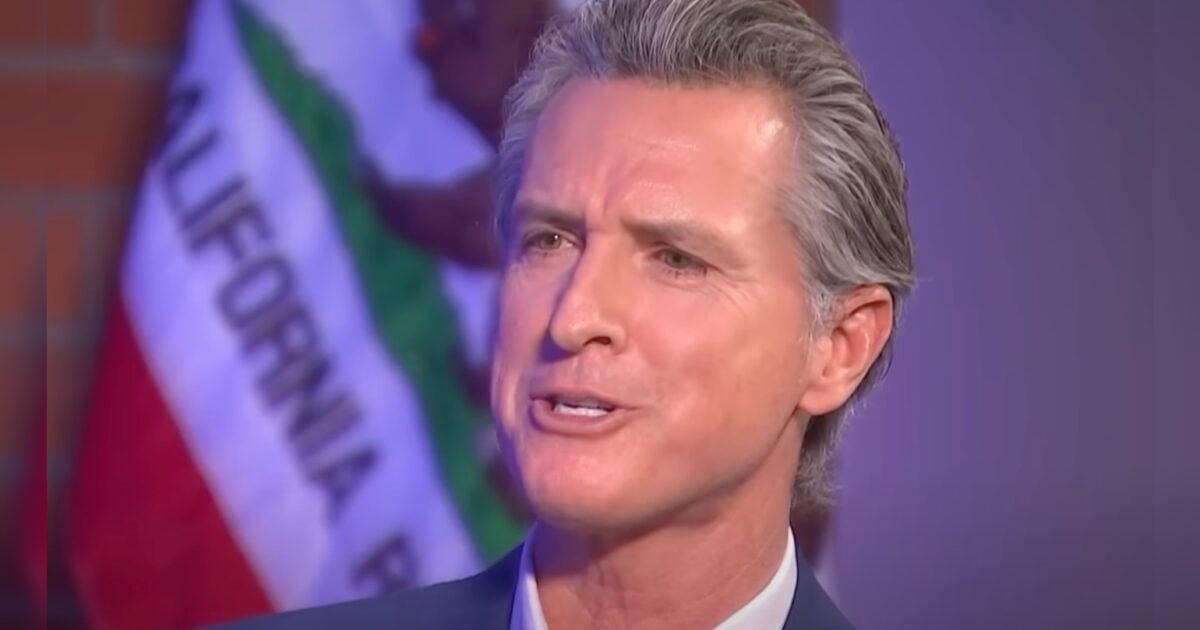On Thursday, May 18, Elon Musk announced that subscribers to Twitter Blue—Twitter’s $8 a month premium service—are now able to upload two-hour videos, up to eight gigabytes in size.
Twitter’s free users, meanwhile, are only permitted to upload videos of up to 140 seconds.
One problem for Twitter, however, is that feature-length films are often around two hours, making the new feature deliciously tempting for people distributing pirated movies.
User @coinbilly_ didn’t wait to troll Musk. He replied directly to Musk’s tweet, writing, “fuck it. shrek the third.” He then posted the entire 93-minute feature film Shrek the Third.
It didn’t take long for Twitter to remove the uploaded film. Where the video once was, there is now a note reads, “This media has been disabled in response to a report by the copyright owner.” Twitter warned the account owner, but let them back online after reviewing the company’s copyright policy.
Twitter Blue subscribers could previously upload videos up to one hour in length, which already primed pirates to start posting, albeit in chunks. In recent weeks, 9.3 million people viewed a pirated version of The Super Mario Bros. Movie—which is still in theaters—before it was taken down, The Verge reported. Users reported finding copies of Top Gun: Maverick and the three-hour-long Avatar: The Way of Water on Twitter too.
Social media websites are generally responsive to take-down requests under the Digital Millennium Copyright Act, a foundational law that protects copyright online. The law allows websites to avoid prosecution if they make a reasonable effort to remove violative content—like the entirety of Shrek the Third—if uploaded by third-party users.
But Musk has decimated Twitter’s legal and content moderation staff since taking over in October, so the company’s ability to respond to pirated content likely isn’t what it once was. And Section 230 of the Communications Decency Act, which protects website owners from some legal liability for the content their users post, does not protect against copyright infringement.










